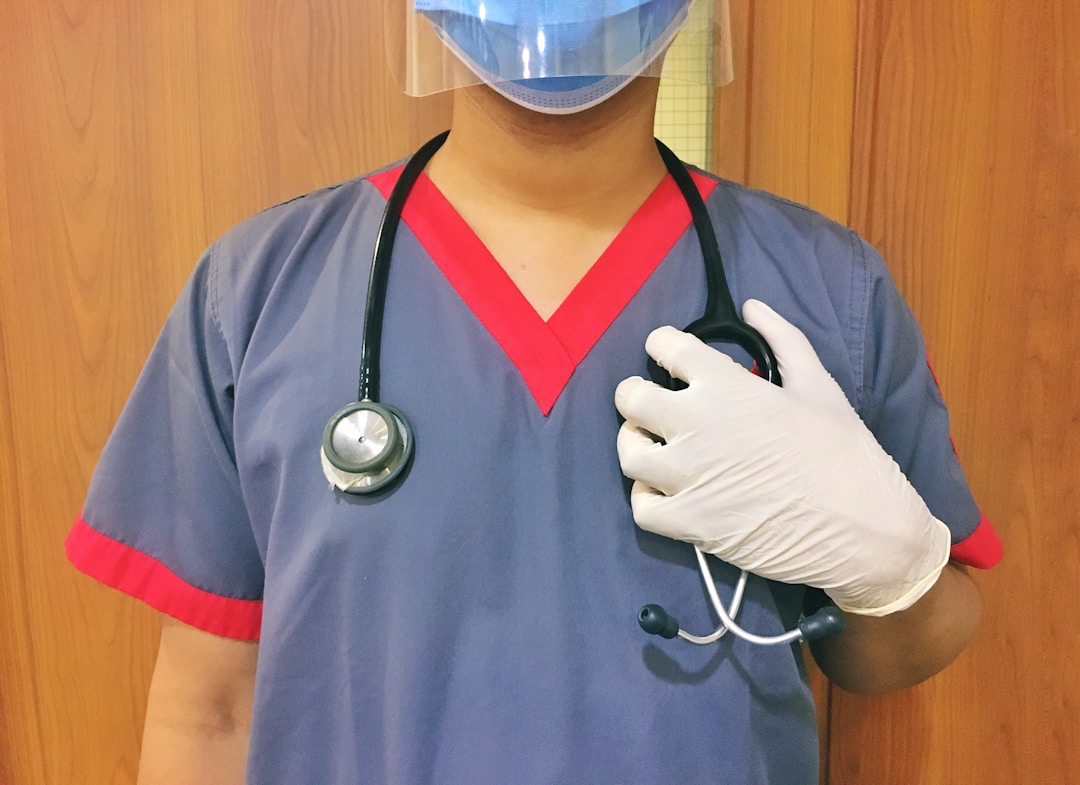Being involved in a severe accident has the potential to uproot your entire life. The road to recovery can seem overwhelming between handling your medical bills, filing an insurance claim, and tending to your health. Sometimes, it is easy to lose sight of the most critical aspect of your situation: your well-being. Taking care of your well-being involves more than just healing your physical injuries. It also encompasses caring for your emotional and mental health.
1. Stick to your treatment plan.

Your doctor is the best resource for information regarding your recovery. Whether you are undergoing physical therapy or resting up after a full mouth reconstruction, your medical provider has been there every step of the way. If you have been experiencing a lot of pain or difficulty throughout your recovery process, consider setting up a follow-up call or appointment.
It is essential to report any abnormal symptoms to your doctor so they can adequately monitor your health and help you heal your injuries sooner. Additionally, your doctor may be able to give you a referral to another specialist that can provide you with additional insight into your specific condition.
2. Seek support for your mental health.

When people experience a significant change or interruption in their lives, they may overlook the state of their mental health. Despite physically resting, you may find yourself feeling more tired than ever. Racing thoughts and worries can interfere with your healing process and put you under a lot of unnecessary stress. Thankfully, therapy services are more available and adaptable than ever.
For example, someone looking for therapy in Charlotte can receive counseling in-person at the Therapy Group of Charlotte or opt for a treatment option that allows remote meetings via phone or video chat. It can be tough to open up to friends and family when we are suffering. Sometimes, people feel reluctant to let their family know how they feel because they don’t want them to worry. Other times, people may not have a person to speak openly with that can empathize with their situation. A therapist can be there to provide unbiased support.
3. Prioritize your well-being.

One of the best ways to optimize your recovery is to listen to your body. Those recovering from serious injuries are usually also faced with many responsibilities. Sometimes, even when you have a plan in place to handle these responsibilities, it can be tough to put them out of your mind. If you find yourself worrying over your insurance claim or stressing about when you’re going to return to work, it can be helpful to put things back into perspective.
Regardless of what other responsibilities you have, you can’t attend to them without first attending to yourself. It can be helpful to make a list of your duties and make a note of what you’ve done to take care of them. When you feel overwhelmed, take a look at your list and remember that everything will be taken care of soon enough. This way, you can focus on your most important task: resting and recuperating.
Following the doctor‘s orders, keeping organized, and prioritizing your mental health may help speed your recovery along. It can be a pain to keep up with your treatment plan, but the only way to achieve full recovery is by doing so. It’s easy to let your mind race with the responsibilities you feel like you’re missing out on while recovering. However, stressing will never help your situation. In fact, it may exacerbate your recovery due to lack of sleep or heightened anxiety levels. Your doctors and therapists will be able to help you get better faster, but you must contribute to your healing by putting your recovery first.






